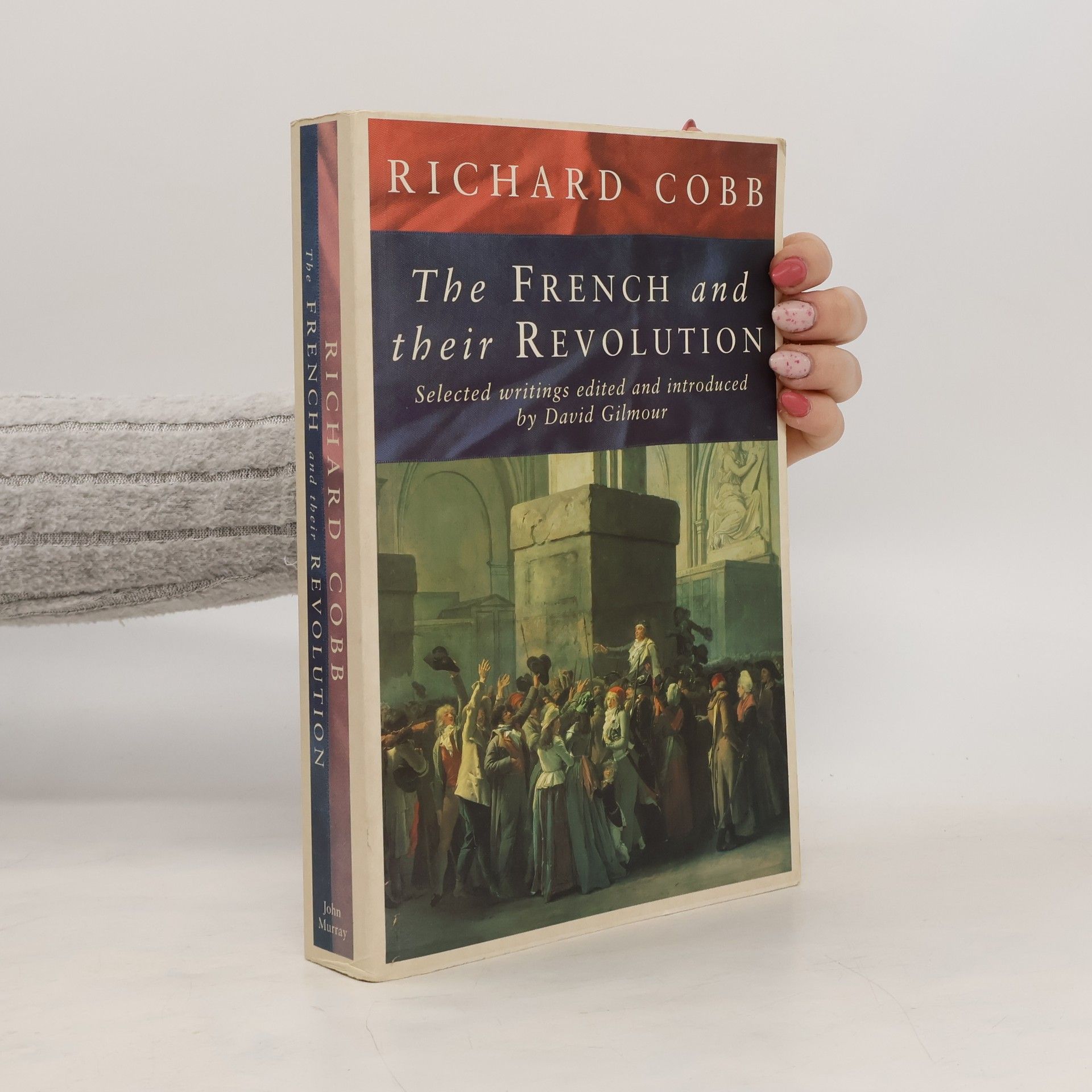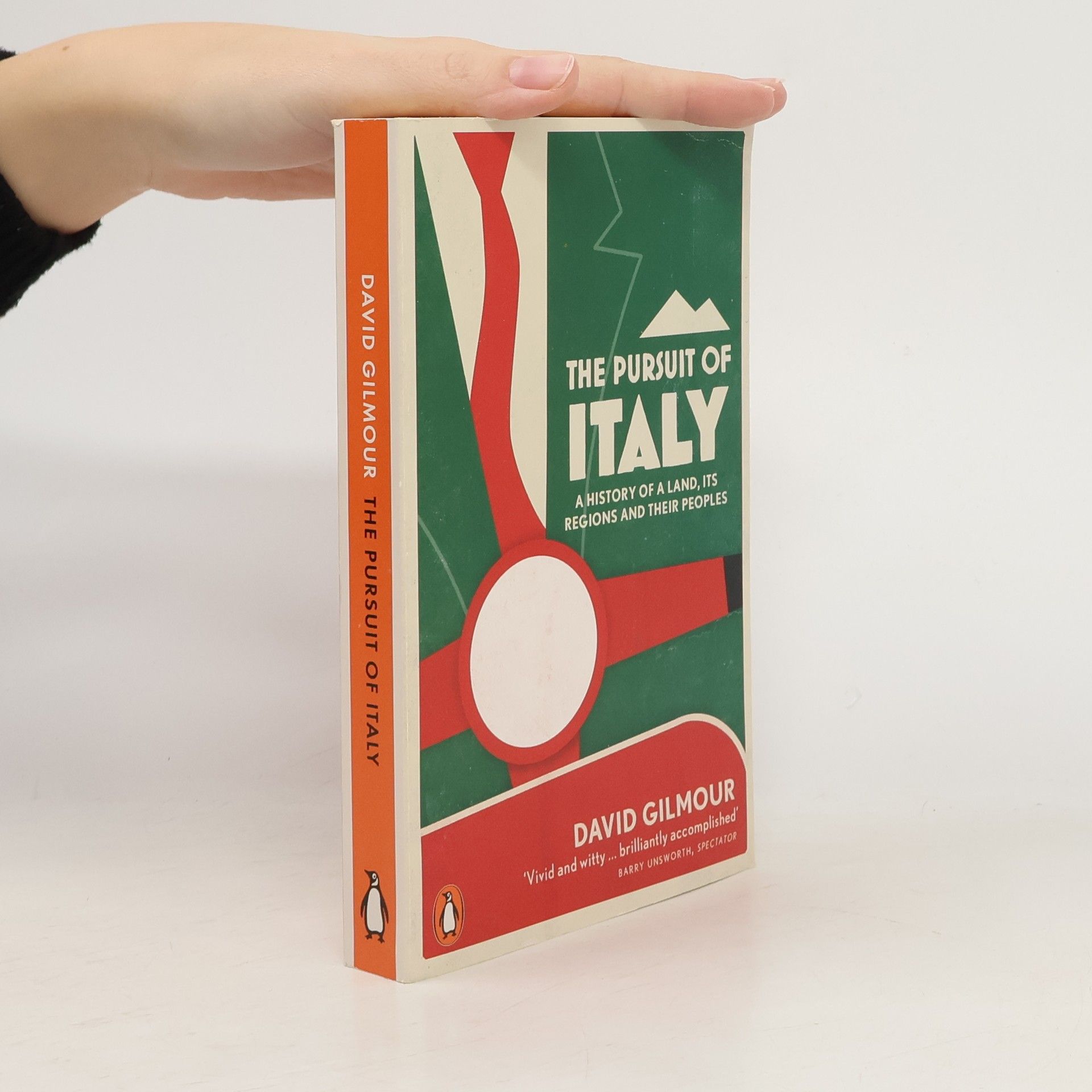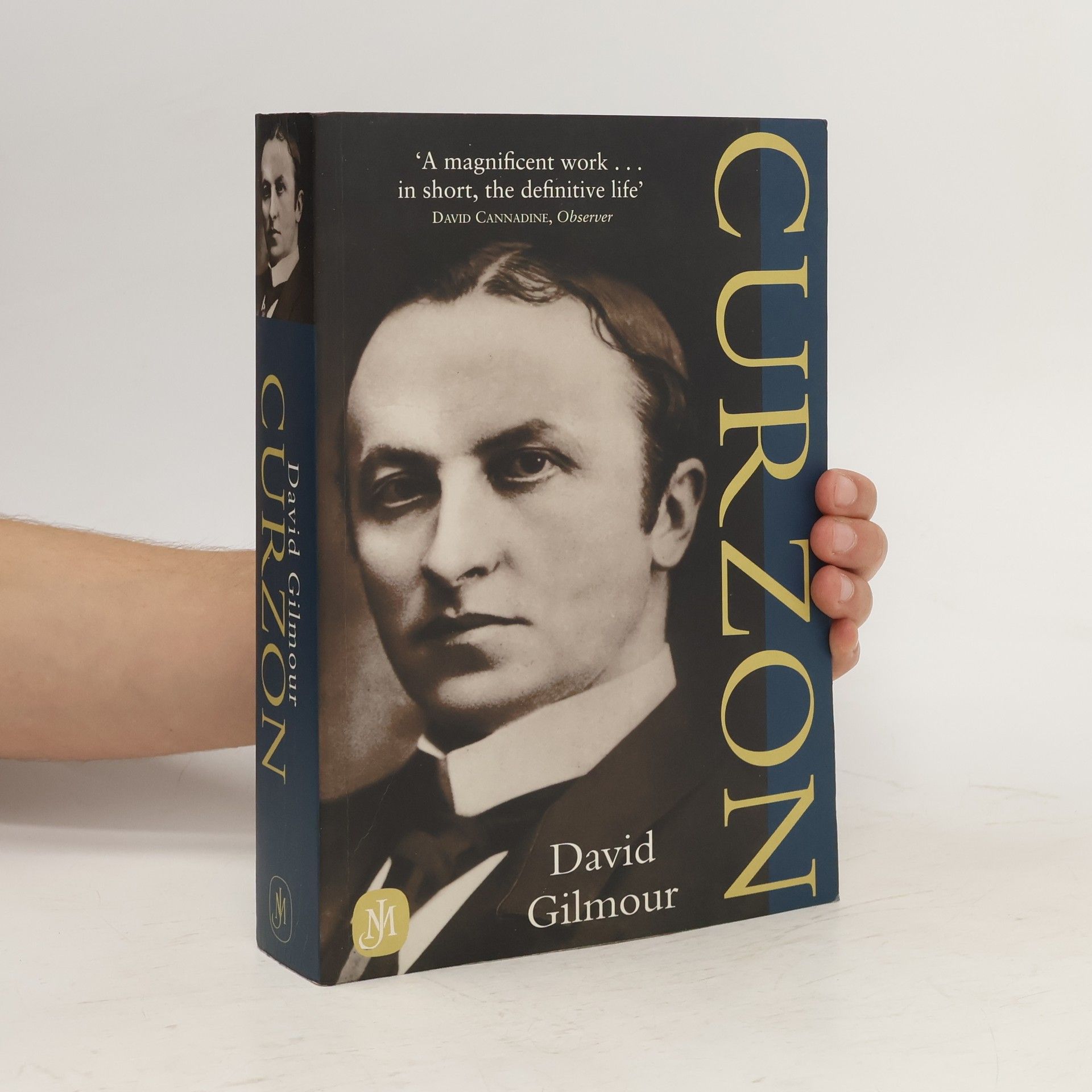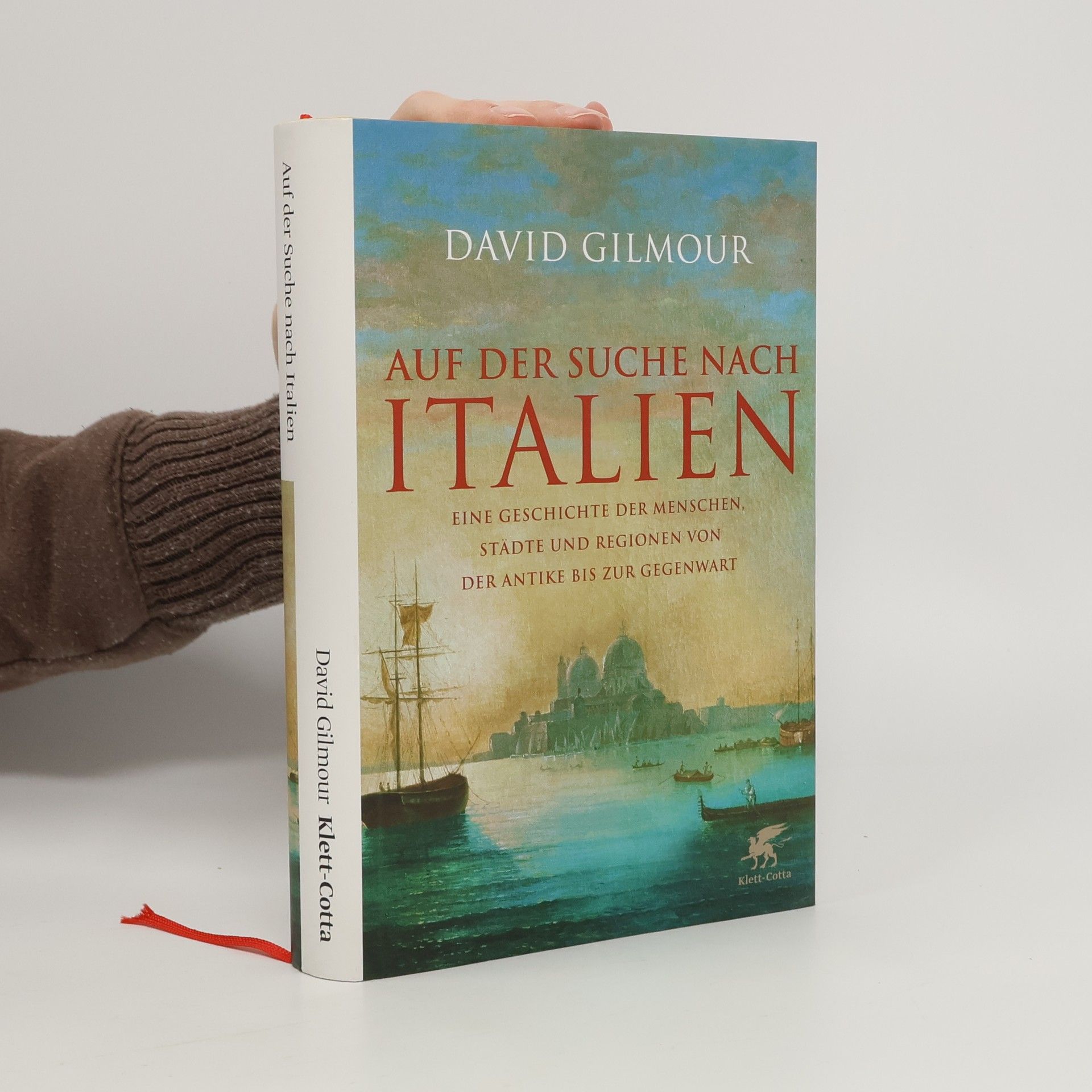Auf der Suche nach Italien
- 464 pages
- 17 hours of reading
Gilmour zeigt, dass die Pracht Italiens immer in seinen Regionen mit ihrer je eigenen Kunst, städtischen Kultur, Identität und Küche gelegen hat. Die Regionen brachten die mittelalterlichen Städte und die Renaissance, die Republik Venedig und das Großherzogtum Toskana hervor, die beiden kultiviertesten Staaten der europäischen Geschichte. Dieses fesselnde Buch erklärt die italienische Geschichte so klug und stimmig, dass jeder Italienliebhaber seine Freude daran haben muss. Ein wahres Lesevergnügen, voll ausgewählter Geschichten und Beobachtungen aus persönlicher Erfahrung und bevölkert mit großen Gestalten der Vergangenheit: von Cicero und Vergil bis zu Dante und den Medici, von Cavour und Verdi bis zu den umstrittenen politischen Figuren des 20. Jahrhunderts. Das Buch wirft einen klarsichtigen Blick auf das Risorgimento. Es entzaubert die Mythen, die sich darum ranken.








